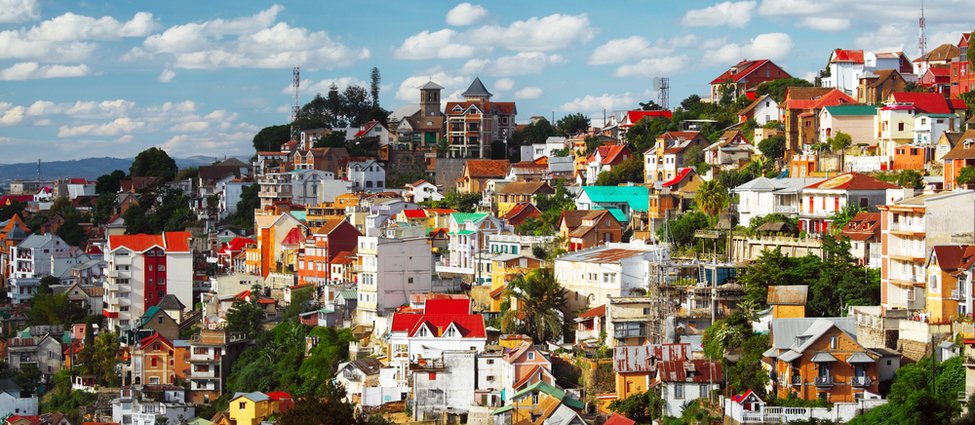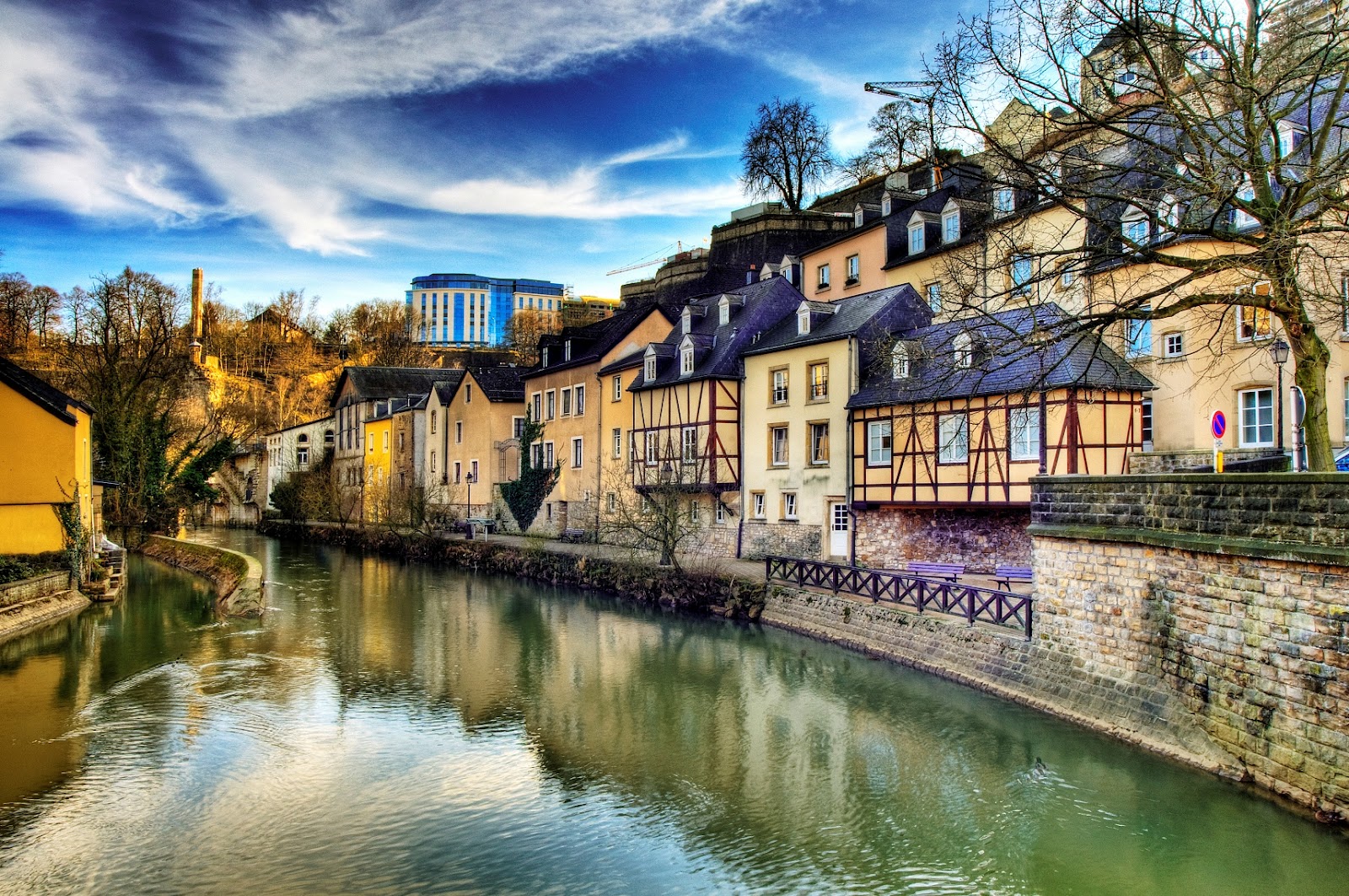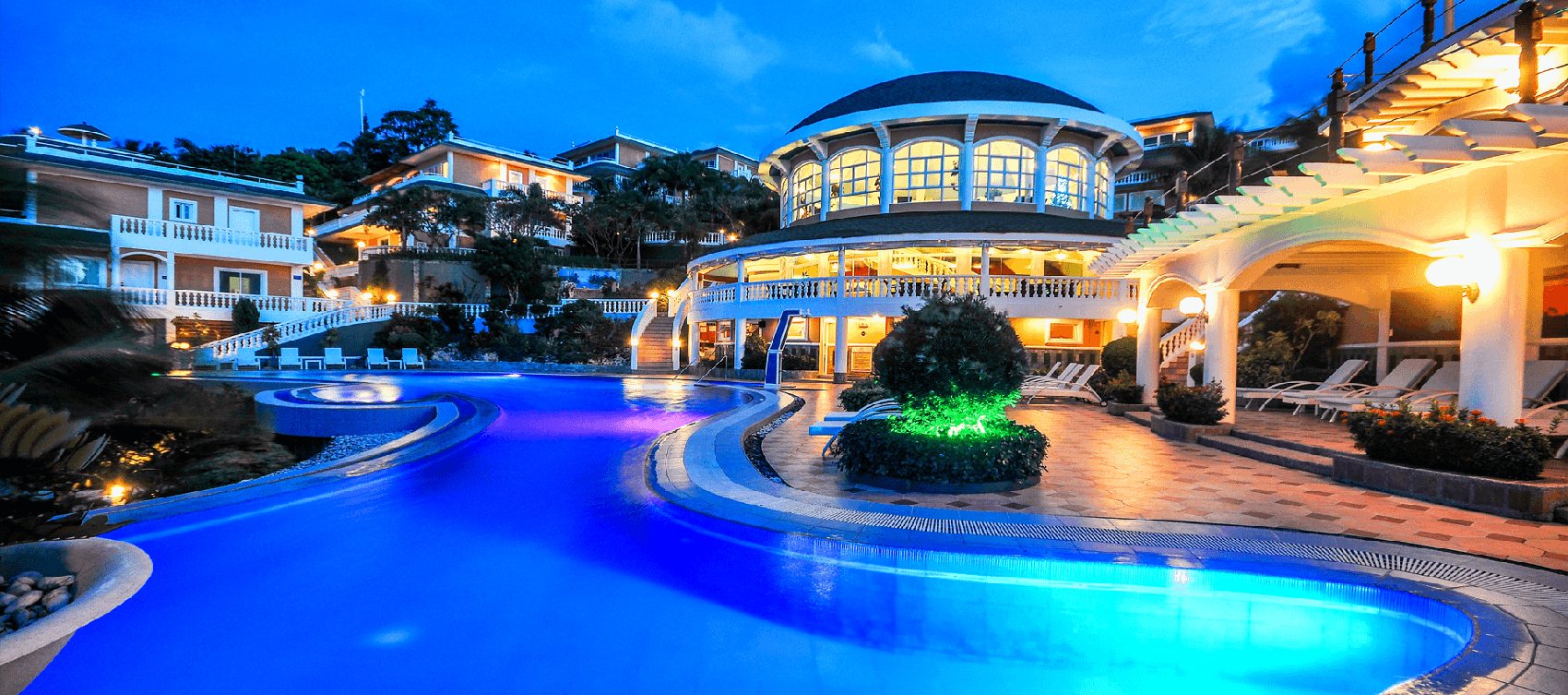Marijuana Abuse: Southwest Nigeria Up in Smoke?
Marijuana (Cannabis sativa) is banned in Nigeria, but it seems that may be a ban in name alone. A large percentage of the population especially among those aged between 15 and 64 regularly partake of the psychoactive drug according to a report from the UN. The proliferation of smokers and consumers of marijuana has been a cause of concern for many interested parties, especially the National Drug Law Enforcement Agency (NDLEA) of Nigeria for many years, and while efforts have been made to curb the spread of the drug, those efforts seem to be in vain.
A brief history on Nigeria and the Marijuana leaf
About a century ago, residents of the various colonies that eventually formed the country knew next to nothing about marijuana. In fact, up until 1935, when accounts state that the British carried out some cultivation of the addictive leaf, marijuana was relatively unknown in the country – despite the fact that it was indigenously grown. However, after the world war, soldiers returning from North Africa and Burma had been exposed to the leaf as a source of easy bravado and had become addicted. Thus began Nigeria’s long battle with weed – one of the popular names which marijuana goes by in Nigeria. By this time, the government had placed a ban on the leaf and its possession and/or sale was a criminal offence. By the 1950s there were documented arrests of cannabis farmers in Nigeria and in 1966 after the independence, the Nigerian government passed the first non-British law condemning the leaf. This was the Indian Hemp Decree of 1966 and the punishment for cultivation of the leaf was death. Further amendments in 1975 and 1984 removed the death penalty and increased the jail terms and fines respectively. Over the years, Nigeria has led several operations to rid the country of the weed such as the 1994 Operation Burn the Weeds which resulted in the destruction of over 3500 hectares of cannabis farmland, nevertheless the battle seems to stretch on with no end in sight. Due to the sheer number of farmlands destroyed and traffickers arrested, the NDLEA and Nigeria have been rated by the UN as the most effective African country in the fight against this weed.
Where the South-west comes in
In 2012, the NDLEA destroyed 1,404.27 hectares of cannabis farmlands in the South-western part of Nigeria alone with about 764 hectares being destroyed in Ekiti state alone. The southwestern part of the country has long been acknowledged as the marijuana capital of the nation. It has the largest proliferation of cannabis plantations in the country and a booming trade. Reports from the NDLEA and surveys show however that a larger population of marijuana smokers can be found in the North-west with about 2,185 drug barons and traffickers being arrested in that zone out of the 8,052 arrested nationwide. There are however more farms in the southwest than in any other zone in the country. There are many reasons for this and the NDLEA hints at the availability of arable land as one of them. though Cannabis*sativa *can be grown anywhere in the country, the soil in the southwest seems to be more amenable to the growth of the weed than anywhere else. Another reason is the high availability of rainforests. Many of the cannabis plantations are located deep within relatively inaccessible forests according to the NDLEA, forcing the officers to walk great distances to their quarry. This often allows the traffickers to escape before the officers get to the locations, another factor that hampers the curbing of this drug’s proliferation.

So, why the spread and in recent times?
The spread of marijuana consumption in recent times can be attributed to a number of factors and various surveys point to popular culture as one of the major reasons. Since the days of the popular afro beat legend, Fela Anikulapo-Kuti, marijuana consumption has been seen as a renegade action and a way of beating the system and ‘sticking it to the man’. Recent pop stars and musical artistes such as Wizkid, Oristsefemi, Nice, Terry G, MI and many others have repeated this theme. In natural rebellion, many youths partake of this drug in order to do just that. Also, as is common with themes popularized in the pop culture, the fact that many of these pop icons and celebrities partake of the substance leads many of their fans to want to copy their idols. The increase in celebrity access in media is one of the reasons for the increase in consumption despite the efforts of the administrative agencies to curb it.
A case for the legalization – or not
In the United States, and several other countries such as Uruguay and the Netherlands, marijuana has been legalized even for recreational purposes. Dr. Sanjay Gupta who is the chief medical correspondent of the CNN stated that marijuana can have helpful benefits in the cure of convulsive disorders, emaciation and neuralgia. This falls in line with the normal physiological effects of the drug which are pleasant sensations and hunger. However, Dr. Dami Ajayi of Federal Neuropsychiatric hospital, Yaba states that while taking marijuana may have a beneficial effect on some people, it would not have the same on others.
Marijuana has been praised for its ability to effect several treatments in medical cases. While this is true, it does not limit the fact that marijuana can also be addictive and have severe psychological effects on partakers. Dr. Moses Ojo of the Yaba Psychiatric hospital in Lagos has stated on occasion that addiction to Indian hemp is one of the most popular cases dealt with at the hospital. Addiction has been noted to result in several effects such as anxiety, phobia, depression and psychosis, as well as delusions and paranoia.
While many people would hail the legalization of the addictive leaf, many others, especially those in the hospitals or with family members incarcerated in clinical wards due to addiction would rail against the idea. Marijuana consumption has been related in several cases with armed robbery, theft and other criminal activities as they are consumed by many hoodlums as a means of lending false bravado to carry out evil acts. The NDLEA has however insisted on several occasions that the weed would never be legalized in the country and that efforts would go on to completely eradicate its proliferation.
The federal government and the NDLEA would continue in the fight against the spread of marijuana and, from all indications, the farmers, traffickers and users would continue to go on as they always have. In the southwest and other parts of Nigeria, the smokes would burn with the destruction of cannabis, but whether it is in piles of destroyed farmland or within the rolled white paper of joints only the outcome of the battle would prove.
(Looking for great destinations in Ekiti? Click here)


